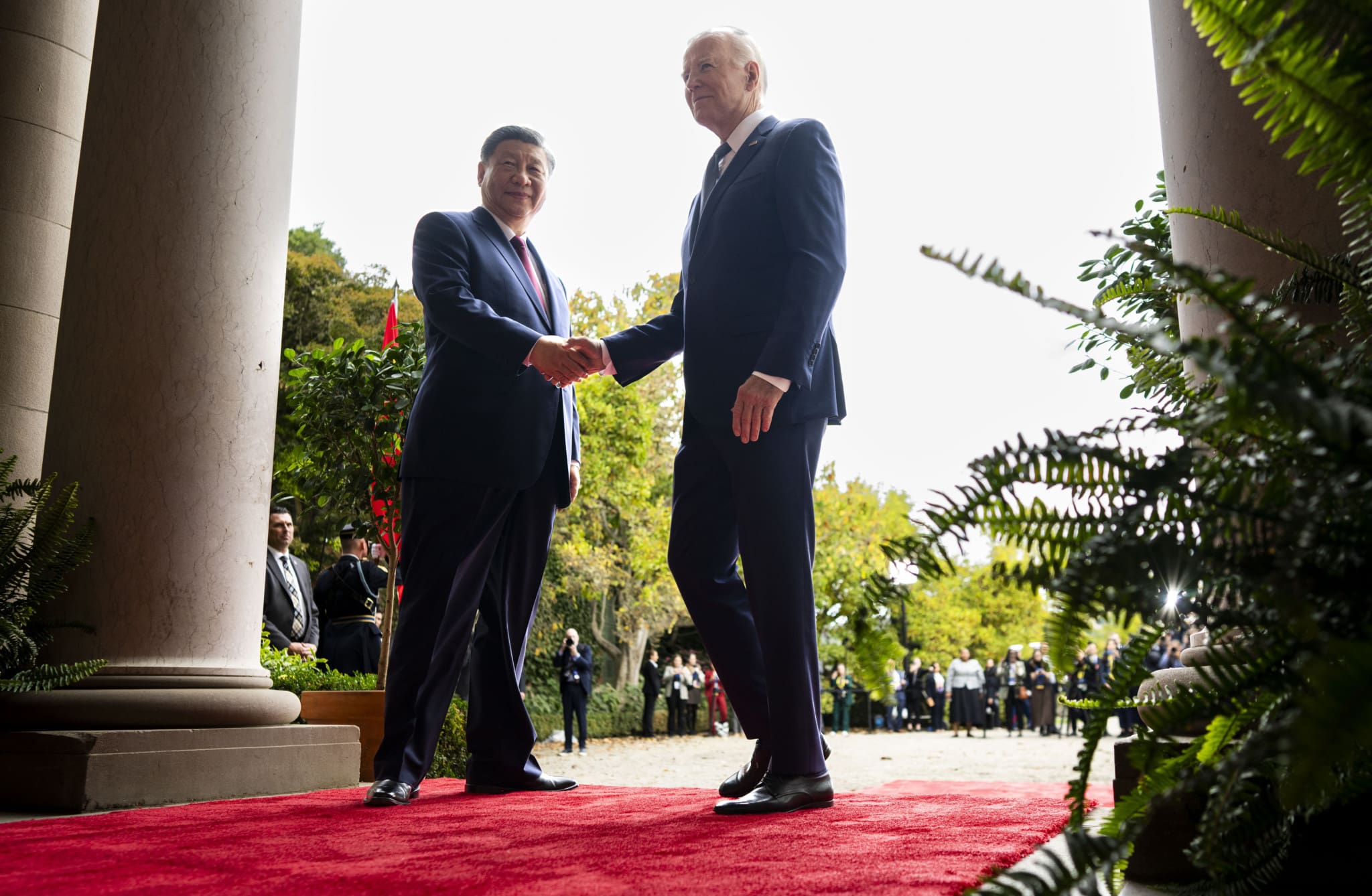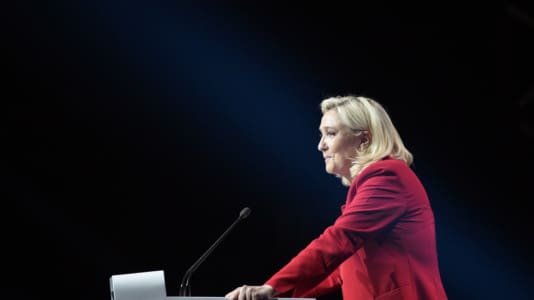U.S. President Joe Biden repeated his statement that the Chinese President Xi Jinping is a dictator at a press conference last week after several hours of talks between the duo.
On the diplomatic surface, it is not particularly fortunate that the leaders of the world’s two most powerful economies should say this about each other, as it is difficult to imagine dialogue using such a set of terms being conducive to healthy relations, but it is worth looking at the deeper layers of this type of “qualification.”
In the millennia predating the modern era, the natural way of being for humanity was to have a dozen or two “great cultures” coexisting, some of which did not even know each other existed. And even if they did know of each other’s existence, they only established intensive exchanges if both parties considered it appropriate to do so, and then only in a way that not only didn’t question each other’s fundamental identity, but did not even make it a subject of discussion.
But with the rise of the modern West, a new era in human history began, as the West was the first and most likely the last great culture to attempt, and it is still attempting, to make the world a single universal civilization. It goes without saying that the intellectual foundation of this universal civilization is the Westernized modernity’s system of meaning of existence.
Going back to the “dictatorship” mentioned by the U.S. president, there are several reasons to consider the outburst as a pathetic and ridiculous manifestation of a sulking kindergartener’s mental level.
The first and foremost reason is that, as the “worthy heir” to the Western legacy of existential violence, America is inherently built on genocide, and in its rise as the United States of America, it has not exactly shied away from the most brutal violence and has also taken its share of the West’s ruthless plundering of China.
The era of communist dictatorship has been a period of advanced dismantling of traditional peasant society for the power super-structures of global capitalism, removing the main obstacle to the Westernization of China.
At that time, a spectacular reconciliation took place, and from then on, the Chinese communist dictatorship did not bother the West, which was so sensitive to democratic values, and the American empire in it. Even now, the West is only bothered because China is less susceptible than before, and the main reason is that it does not want to fall into the trap of “liberal democracy.”






